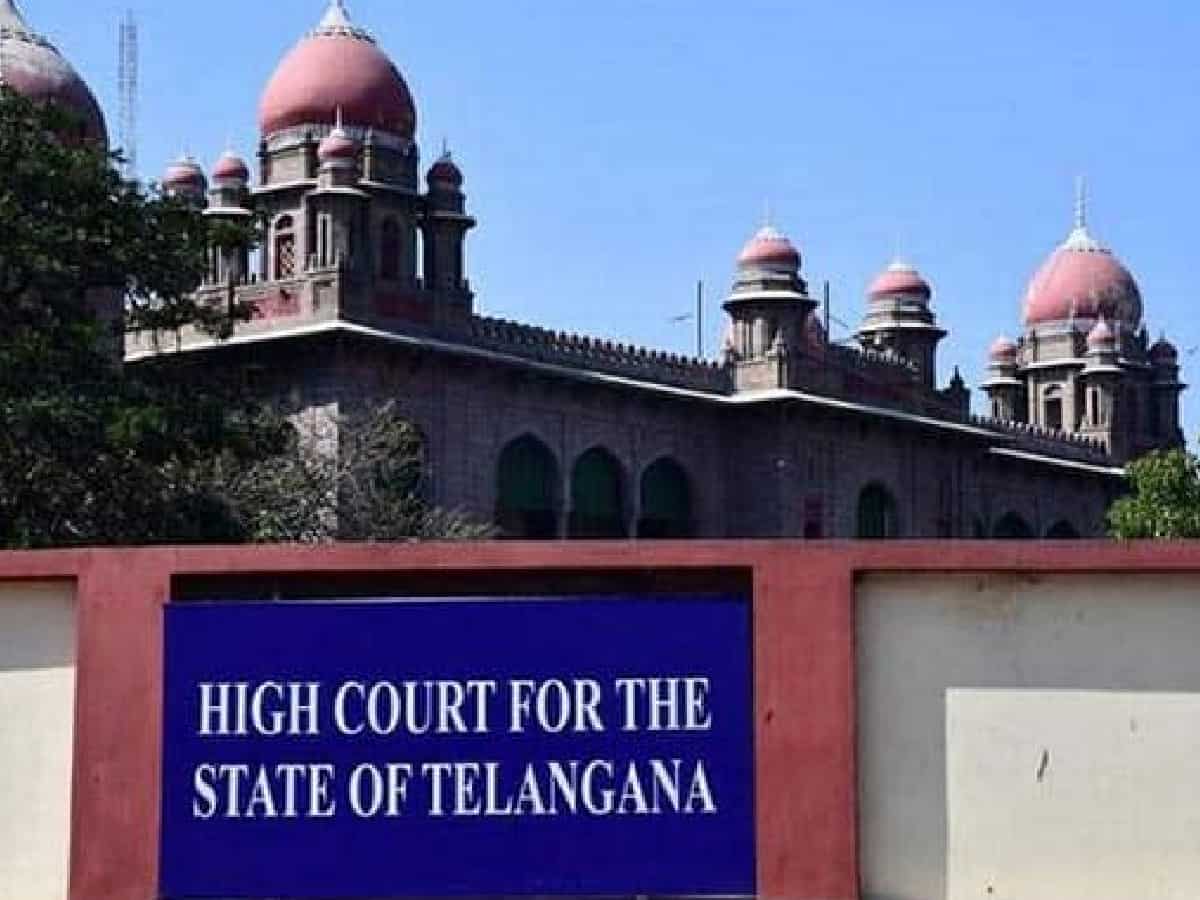Hyderabad: The Union government has informed the Telangana High Court that it lacks information regarding the alleged phone tapping of various political leaders and judges during the tenure of the BRS government.
The government clarified that the state administration did not seek its guidance or permission concerning this matter.
Additionally, the Union Home Ministry stated that the secretary responsible for the state’s home department holds the authority to authorize the interception of any subscriber’s communications within the state, without needing approval from the central government for lawful interception.
Hyderabad: ASP Bhujanga Rao gets bail in phone tapping case
The ministry also emphasized that any intercepted records must be destroyed by the relevant competent authority and authorized security and law enforcement agencies every six months, as mandated by Sub-rule 419A (18) of the Indian Telegraph Rules, 1951 unless those records are required for functional purposes in the future.
Undersecretary of the Union Home Ministry, Nutan Kumari, submitted a counter to the High Court in response to a suo-motu writ petition initiated based on a Deccan Chronicle article titled “HC judge’s mobile tapped: Ex-ASP.”
Following the court’s orders, the ministry provided a comprehensive counter, stating that service providers are responsible for the actions of their employees under the Indian Telegraph Act. If violations such as unauthorized interception occur, service providers could face penalties, including the suspension or revocation of their licenses, as specified in Sections 20, 20-A, 23, and 24 of the Act.
The counter affidavit also mentioned the Telecommunication Act, of 2023, which includes provisions for lawful interception under Section 20(2)(a).
However, the rules related to this section are still being drafted. Until these rules are finalized, the existing provisions of the Indian Telegraph Rules, 1951, remain in effect, according to Section 61 of the Telecommunication Act, 2023, which was enacted on June 21, 2024.
Additionally, the affidavit highlighted that unauthorized access or interception of telecommunications could lead to severe penalties under Section 42(2) of the Telecommunication Act, including imprisonment for up to three years and fines of up to Rs 2 crore, or both.
By presenting these arguments, the under-secretary left it to the court to determine the appropriate actions regarding the alleged phone tapping incident.







